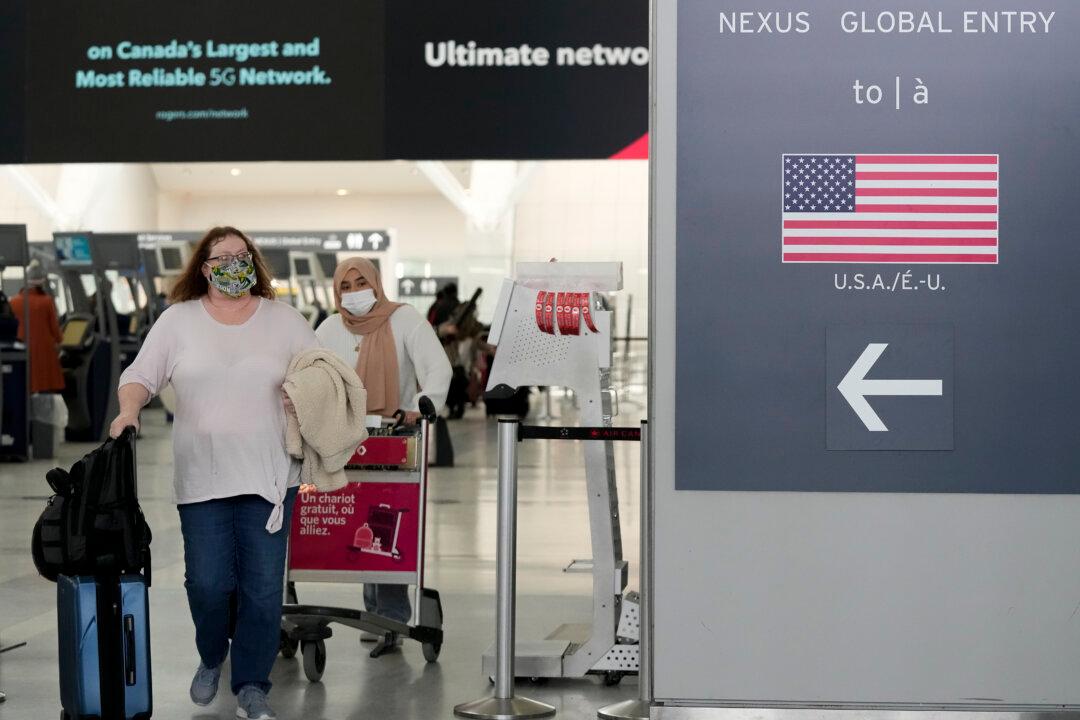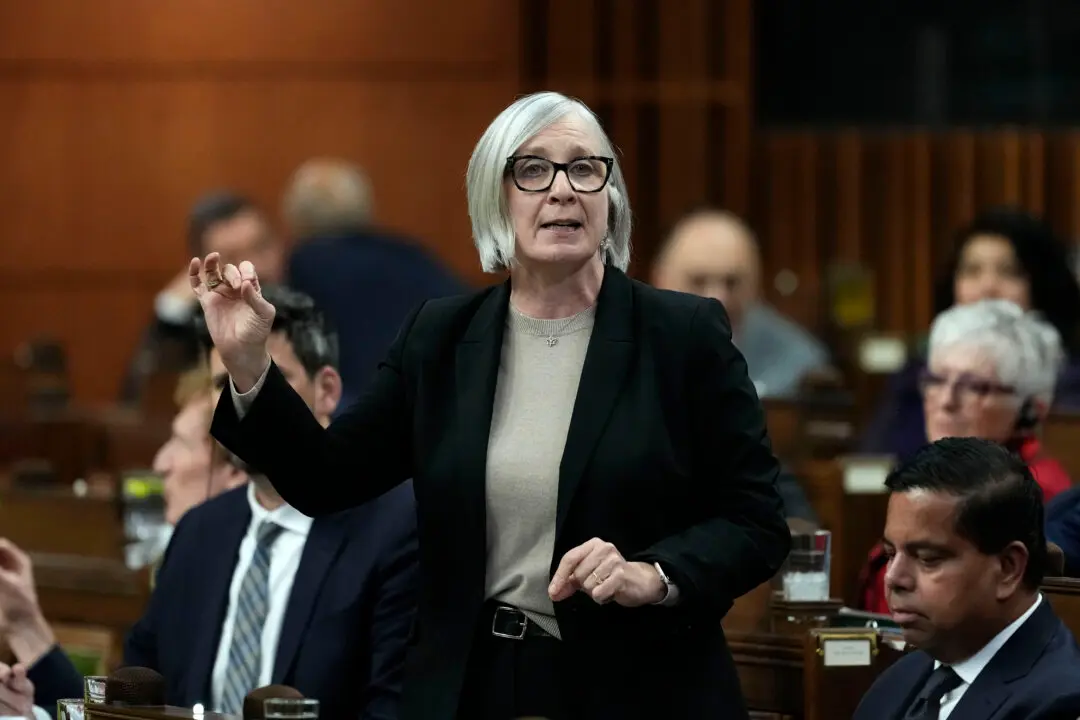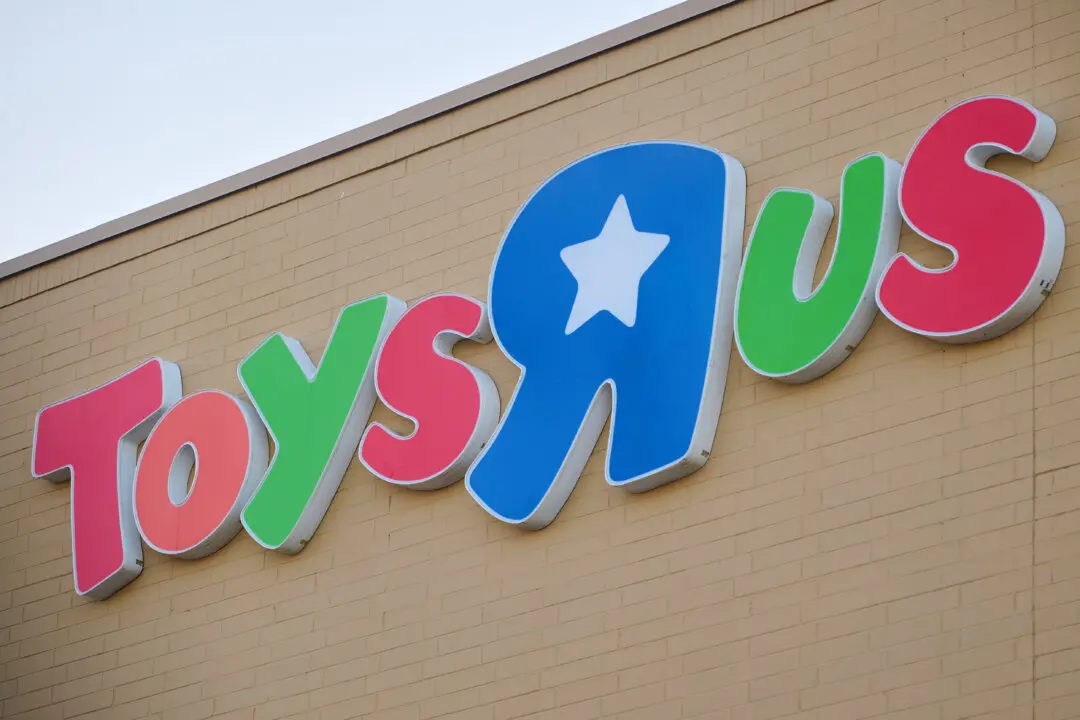WASHINGTON—U.S. President Joe Biden set out to turn the tables on the COVID-19 pandemic Thursday with a 10-point winter offensive against the Omicron variant that further complicates flying from Canada to the United States on the eve of the holiday travel season.
As early as Monday, Canadians and all other foreign visitors who travel to the U.S. by air will need to get a COVID-19 test no later than one day before their departure.





